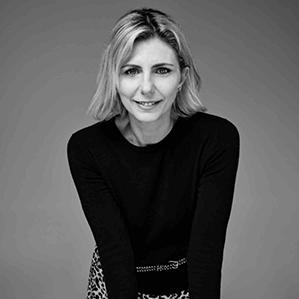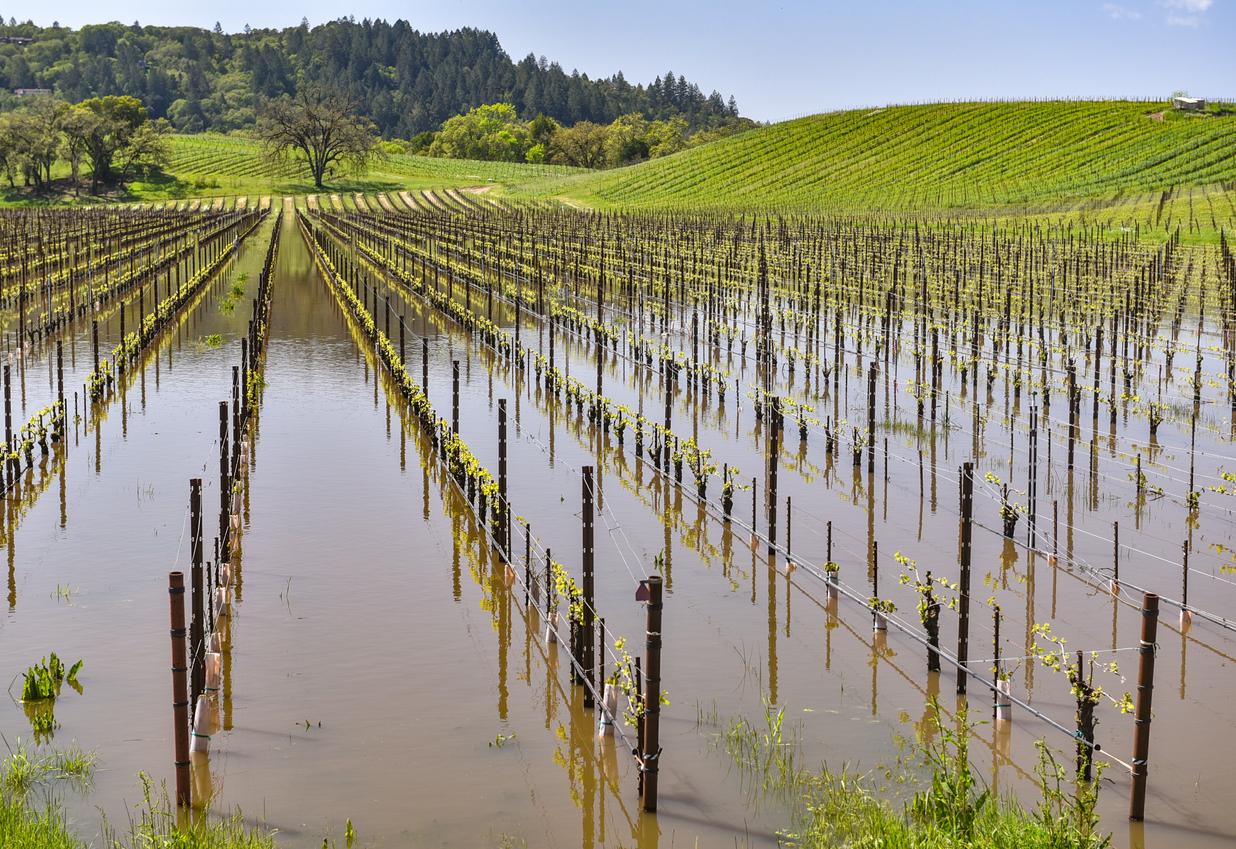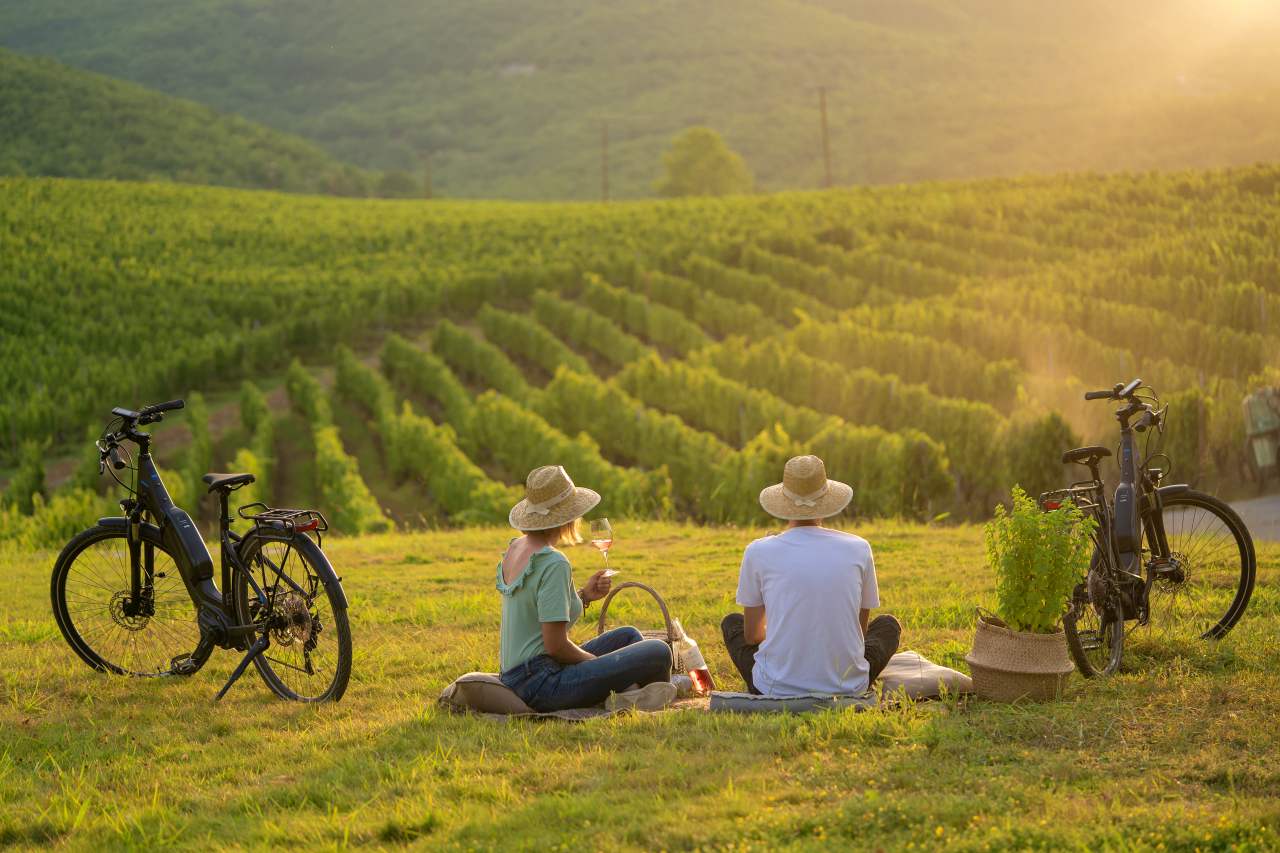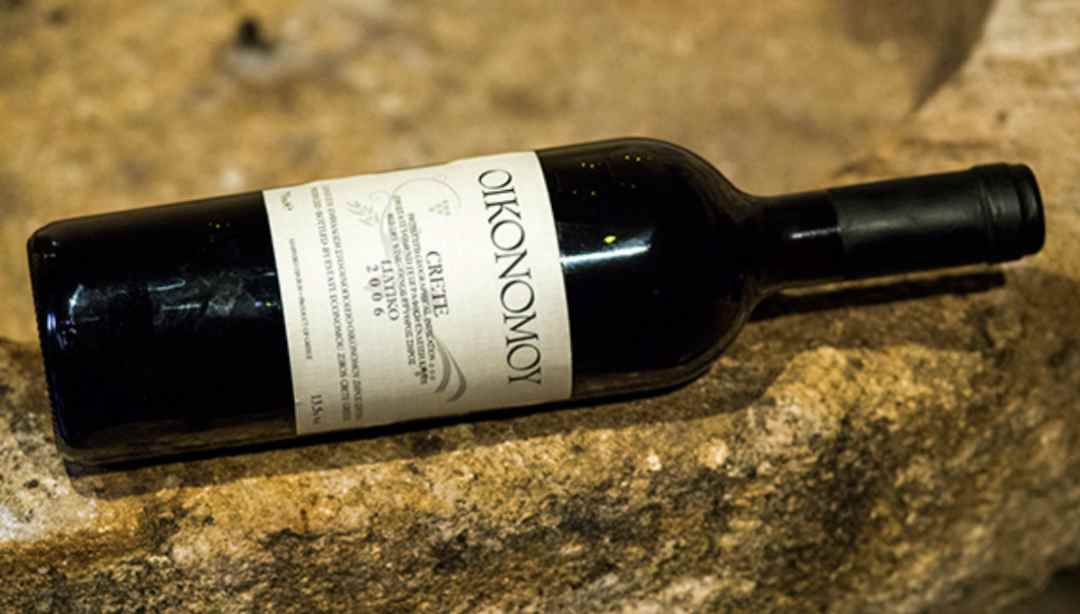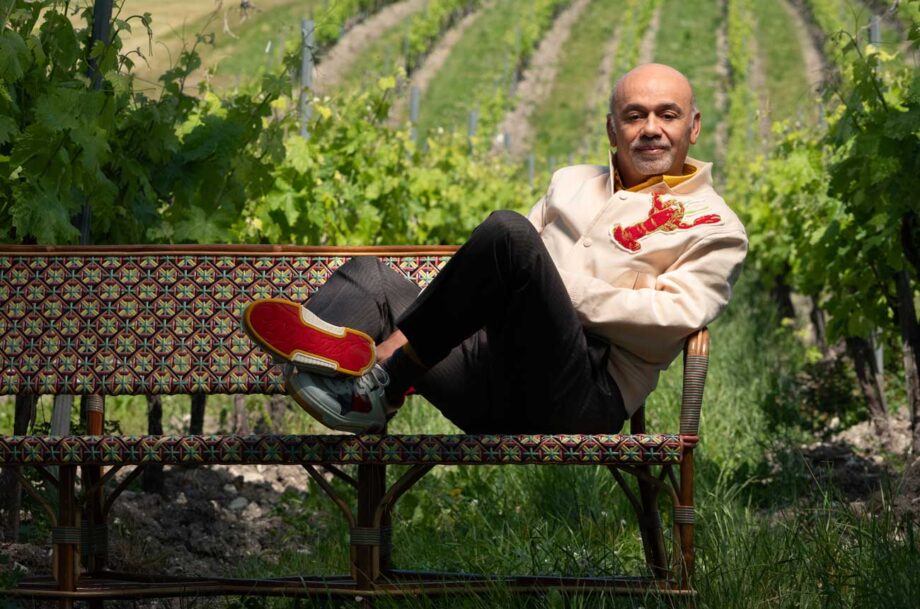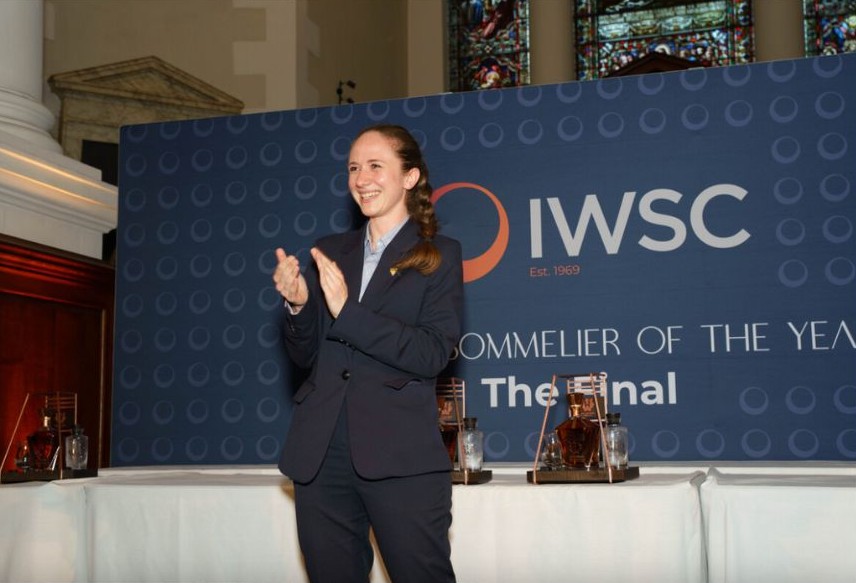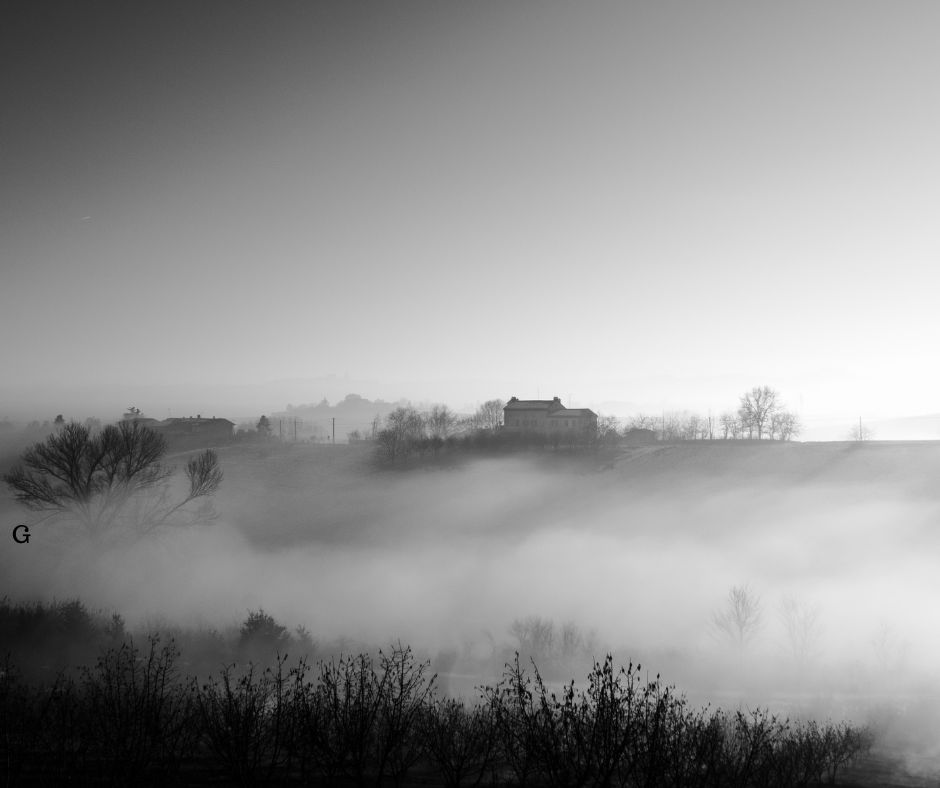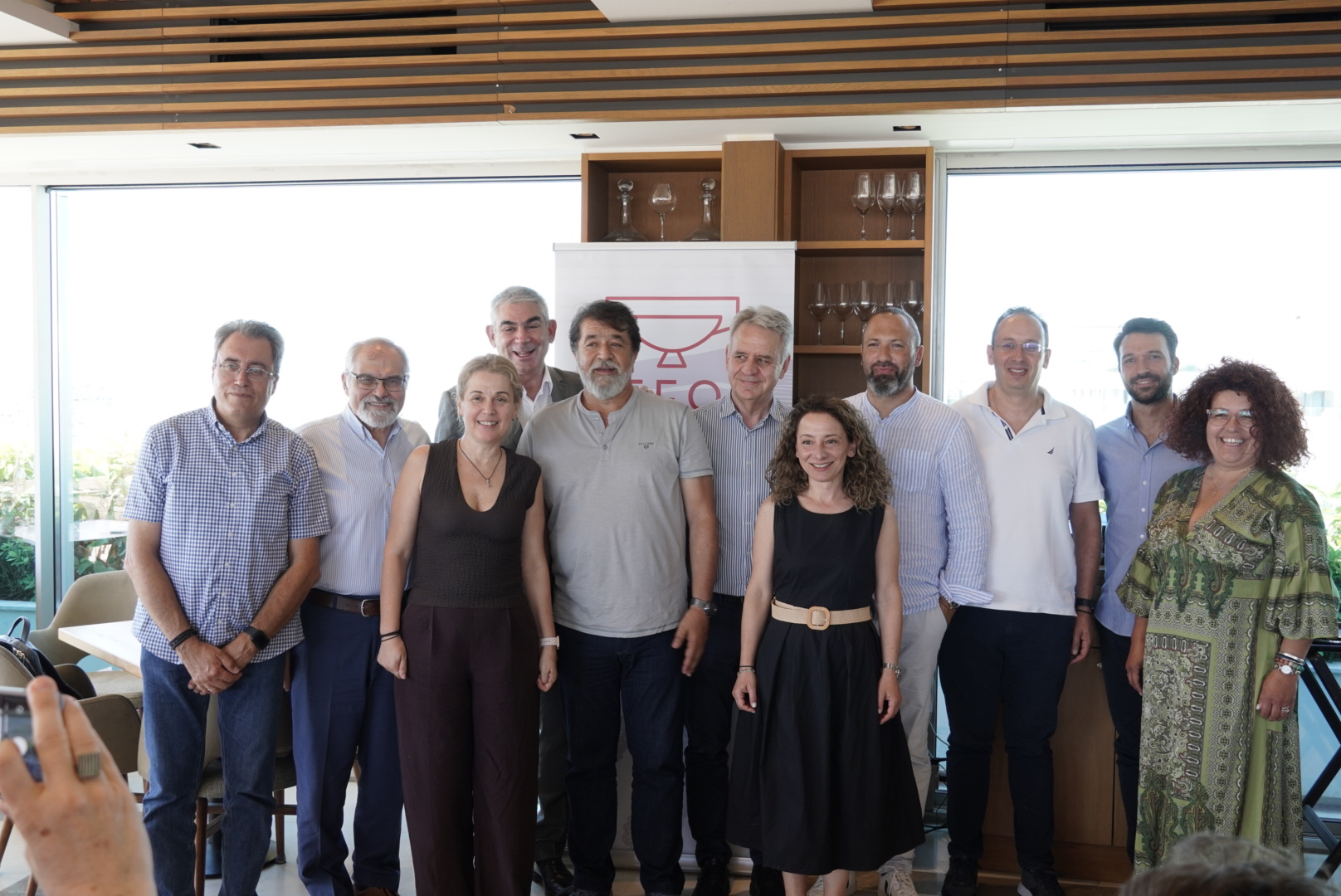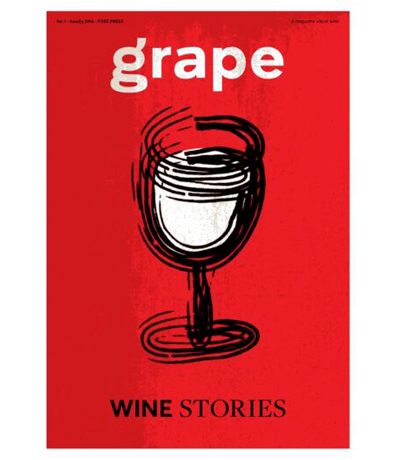They’re part of the demographic that, among other things, grew up taking the internet for granted. They talk and write using a language entirely their own, causing us older folk to regard them with admiration and a touch of wonder. This particular group of young people, however, have one other thing in common: they have common roots, share the same home region, and have all grown up in and around wineries and vineyards. Wine has always been a part of their life, and they all decided to take on what their parents had built so painstakingly, and to keep pushing forward with it.
Oenologists, Communications Officers, HR Executives and Marketing Directors, many with a background of studies abroad – they are living proof that winemaking isn’t a simple undertaking. It’s a complex, collective profession that combines the knowledge of people from a range of specialities. These young professionals all agreed that such collaborative knowledge is a necessary ingredient for success; they also agree that, in order to compete in the international market, Nemea is a brand that will need the combined efforts of a number of people dedicated to realising their vision. This particular group became close when they participated in the Great Days of Nemea event and realized they all had the same goal in mind: to introduce their wine to the world. In the course of my interview, I was pleased to discover a new generation lucky and gifted enough to breathe new life into the experiences of their elders, imbuing the wine world with fresh aromas and, above all, to speak in wine terms, substance.
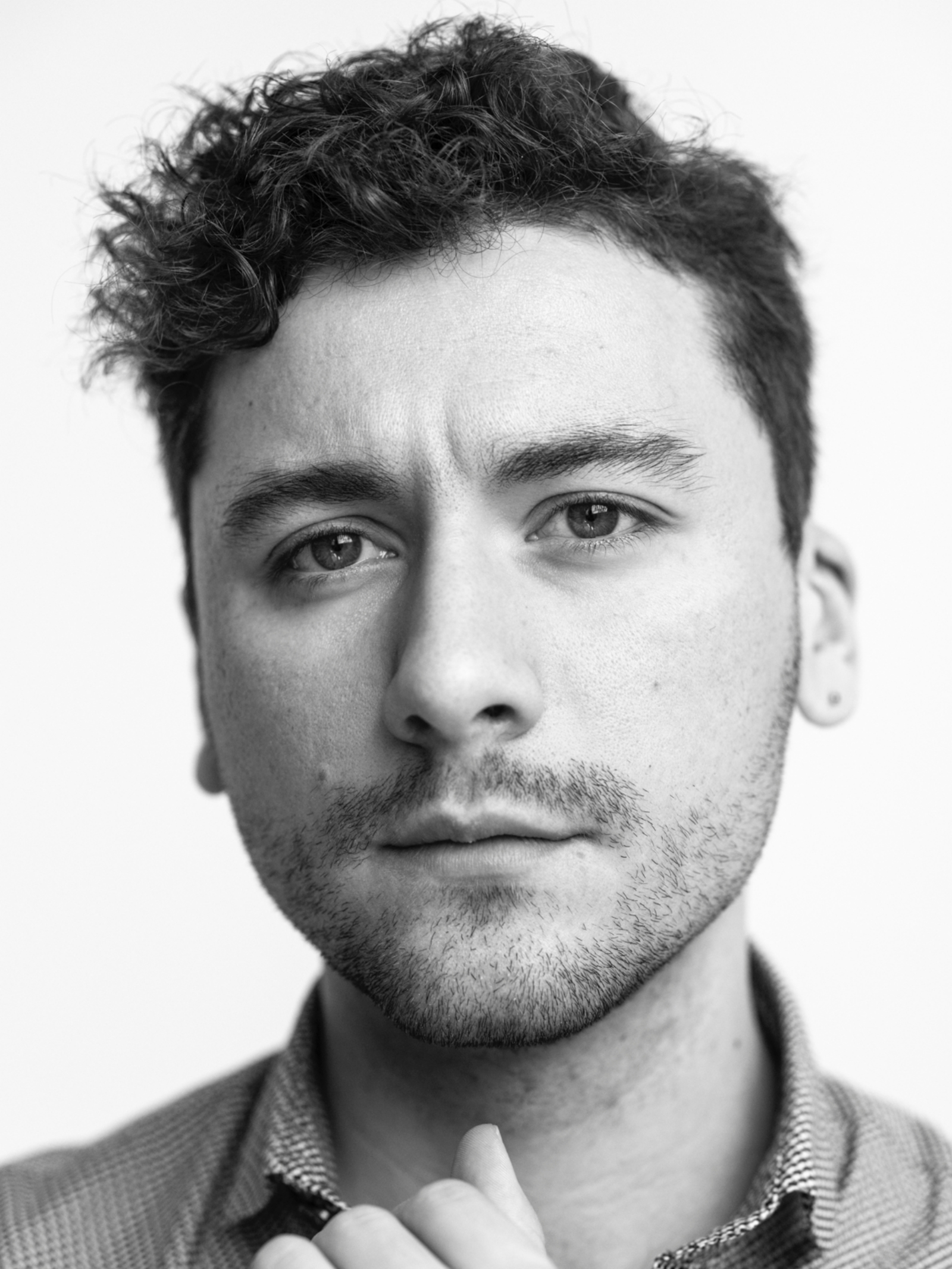 Dimitris Skouras
Dimitris Skouras
Dimitris Skouras’ family history could have been a daunting burden. After all, when your father is George Skouras, one of Greece’s most successful winemakers and an extremely active member of the winemaking community, your life is unlikely to be simple. However, Dimitris seems to have a clear view of where he’s heading, and has only the nicest things to say about his father and their working relationship. “It really is a good partnership,” Dimitris explains, “mainly because we both like to talk things through. We’ll discuss everything, what we like, what we don’t, and often we’ll find a happy medium. Sometimes his experience is invaluable, other times a more youthful perspective is needed. I have only ever bottled one wine on my own, an Assyrtiko made exclusively for exportation to America, but I did lend a hand in producing all of last year’s wines. There’s nothing I want to change, and if there were, it would only be minor details.”
The family’s winery is open to visitors, and produces about 800 thousand bottles a year. Once Dimitris’ sister finishes her Marketing studies, she will take up a position in the family business as well. Dimitris already has an impressive resume considering his age, and gained experience by working at large wineries. “Until my junior year in high school, I didn’t know what I wanted to do. I continued my French studies and went to France to study Oenology. I studied Viticulture and Oenology at BTS, a school that focuses on practical learning, which helped me immensely. I did my Master’s in Montpellier, while taking every opportunity to gain hands on experience. I worked the vintages and vineyards of some of the biggest wineries, among them La Fleur-Pétrus. I acquired practical experience by working at Sigalas in Santorini, at Gentilini in Cephalonia and in California’s Napa Valley.” He delayed his return to Greece, he says, as much as possible because he wanted to collect as many experiences as he could. His ultimate goal is to be involved in every aspect of winemaking, from production and wine tastings to travelling abroad to promote his family labels. “I don’t believe Nemea is the Tuscany of Greece,” Dimitris says, “but I do think Greece will finally gain recognition, and within the next few years. There are so many people abroad who are passionate about Greece. The visiting tourist won’t remember the local wine or the fried squid; they’ll remember that they enjoyed that meal at a taverna by the water’s edge under the sun and the blue sky; that is the Greek experience we should be selling.”
 Athena Lafazani
Athena Lafazani
The Lafazanis family has been in the wine business in Greece for 73 years, since 1946, when Vassilis Lafazanis came over from Asia Minor and settled in Piraeus. Both his sons started working with wine from a young age. Initially, the winery was established in Magoula – this property now belongs to Athena’s uncle – but in 1993, Athena’s father transferred his operations to Nemea. He did this because of his great love for the Agiorgitiko variety, a feeling he’d had since his university days studying Chemistry. In moving to Nemea, he became one of the first non-locals to involve himself in the area’s winemaking. Over the following years, the vineyard grew to 200 acres, and production shifted towards the distillation of spirits, which now makes up a large part of the company’s output. “My brother and I,” says Athena, “are the third generation of winemakers. My father used to do everything on his own, so he’s been through all the stages of production. My parents have done a lot and I appreciate it, but it’s my generation’s responsibility to take the next step, which primarily involves increasing our prominence abroad. I got into the business five years ago when I graduated from the Athens University of Economics and Business, and I’ve taken on the responsibility for the company’s administration and marketing.”
Athena deals with sales and distribution, but her main focus is on their brand image abroad. Nestor Wines was a recent addition to the company, increasing production to 1.2 million bottles a year, and the company currently exports to Europe, the United States and Australia. Despite these exports however, there is a feeling that Greek wine is not properly marketed abroad. “I don’t know if it’s the wine itself or the Greek mentality, because I see this in the food industry as well,” argues Athena. “I believe it has to do with our inability to properly grasp the idea that we do something well enough to export it. Isn’t that the same problem we have with our tourism industry? I also believe we lack unity. We need to be promoting Greece, and not Greek wine. That’s the only way we’ll succeed. There’s little point going abroad to separately promote the Lafazanis Winery or the Skouras Estate – we need to promote Greek wine and Greek varieties. It’s good that we’re showcasing Assyrtiko, but if that’s the only variety we take abroad, it won’t be enough; the market will get saturated. We need to market Agiorgitiko as well, particularly since Nemea is Greece’s largest wine production region,” she says.
 Andriani Tselepou
Andriani Tselepou
Andriani, who studied in Greece and London, is involved in the communications and marketing activities for her family’s winemaking business, Tselepos Winery. But since it’s always a good idea in such roles to be informed about as many areas as possible, she works in production, too. Her calm demeanor not quite concealing her enthusiastic nature, Andriani’s eyes light up when she says that her brother is in New Zealand at the moment and that she’s jealous, before going on to speak of her decision to join the family business. “My father’s very lively personality made me hesitate a bit before my decision to enter the winemaking business,” Andriana says. “But since I started working with him this past year, my impression of him has changed. I realize that my father gave us and continues to give us plenty of room for self-expression. Nonetheless, it’s a fact that this business is the result of my father’s vision, and it’s very important for me to have him close by and be able to ask for his advice. The difference I see between my generation and the previous one is that mine has become more extroverted, particularly because we use new media technologies as work tools. Both my brother and I aim to promote the wine tourism industry. We have great faith in it, and believe that it can contribute to the survival of a business.”
In recent years, Tselepos Winery has seen further development, teaming up with Amphora, a Chinese investment company, to build a bioclimatic winery facility that will be open to the public. “What’s really important,” Andriani says, “is that all of us from Nemea go abroad united, because Nemea is a very strong brand. I truly believe that, and we have platforms to get that message out. Social media plays a huge part in branding and marketing; customers can get a clear idea of the products they’re buying, and we have a great tool that allows us to stay in contact with them, especially if they are abroad. In this way, we can communicate directly with them. Although our father still has no idea how social media works.”
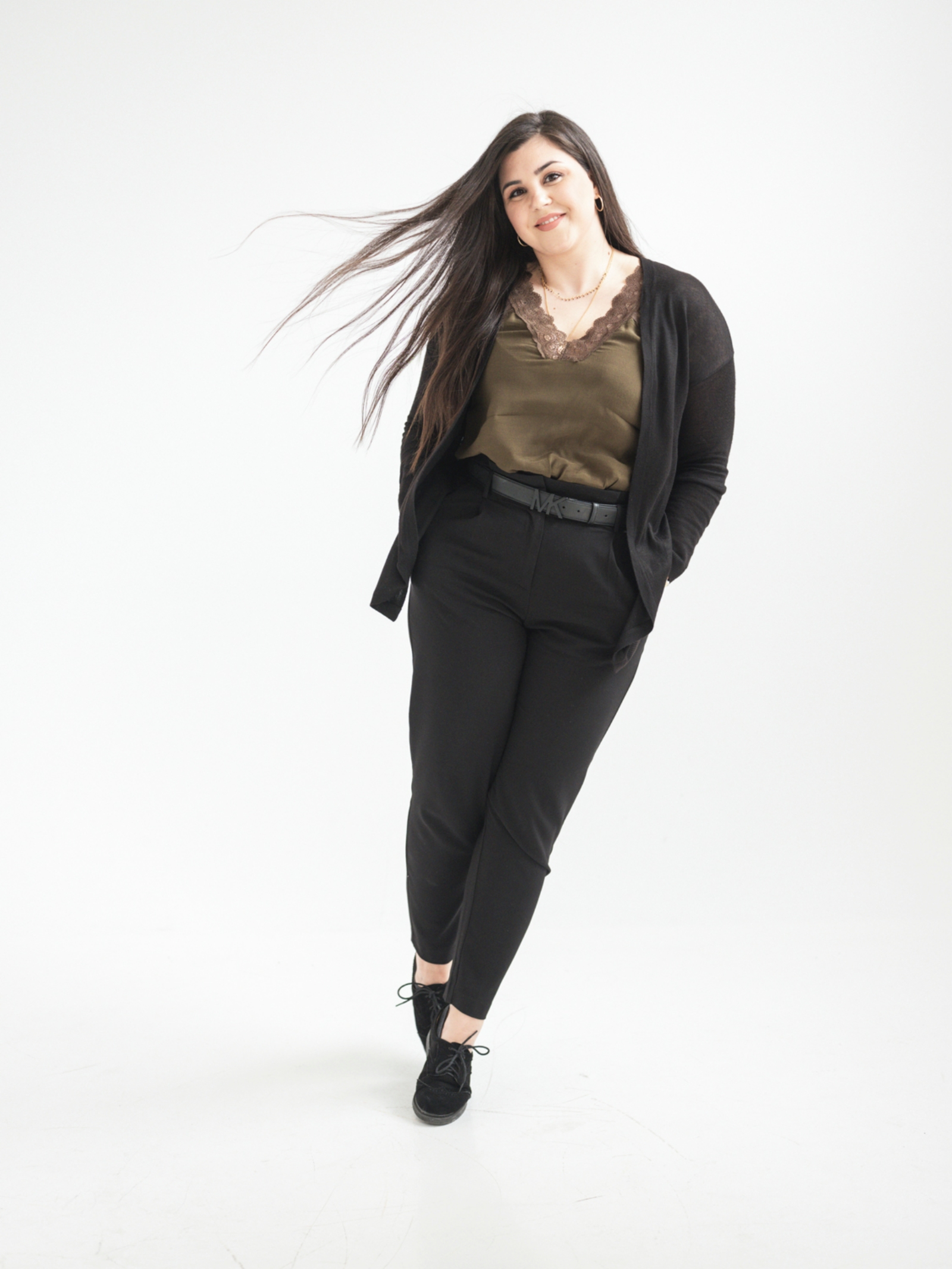 Vasiliki Palivou
Vasiliki Palivou
Vasiliki Palivou has definitely inherited her father’s energy and enthusiasm. It’s because they’re so much alike, she says, that they disagree with each other so often and push each other’s buttons, but it’s also the reason why they love each other so much. However, it’s their common vision that makes them such excellent business partners. “Pretty much all the families in Nemea,” Vasiliki says, “are involved with wine, one way or another. Our parents got into the business in 1995, bottling wine. My father was a vine grower; he believes wine is created in the vineyard. Gradually, our business grew and we opened our winery to the public. In 1999, my father had told my mother that one day people would pay to visit our winery, and she’d all but laughed in his face. Two years later, we’re getting twenty thousand visitors annually. We believe wholeheartedly in wine tourism.” Wine is in Pavilou’s blood. “Basically, my sister and I grew up in the winery. Since we lived there, we were always helping out with the work – the only difference is that now we’re following a schedule.”
Vasiliki began studying Business Administration but soon switched her educational focus. She went to Athens to study Interior Design and then returned to Nemea to take on several responsibilities at the winery. She handles office administration, communication, and accounting, and is also responsible for the winery’s wine tourism, which is her favourite thing about the job. We asked Vasiliki her opinion on whether Nemea could become the #1 wine tourism destination in Greece because of its proximity to Athens. “In addition to an archaeological museum and an ancient stadium, the Nemea region boasts 13 villages, each one interesting in its own way. Having, on top of that, a number of wineries open to the public makes it an ideal region for wine tourism. However, it lacks much of the necessary infrastructure, such as hotels and restaurants, needed to develop and maintain such an industry. We need to convince the locals that Agiorgitiko is a brand that could radically improve and benefit the entire region. We have, for instance, 400 coffee shops which, if turned into rooms to let, could accommodate tourists. I think my generation is well aware of the infrastructure problem and I believe that, with the experience and the guidance of our elders, we can turn things around.”
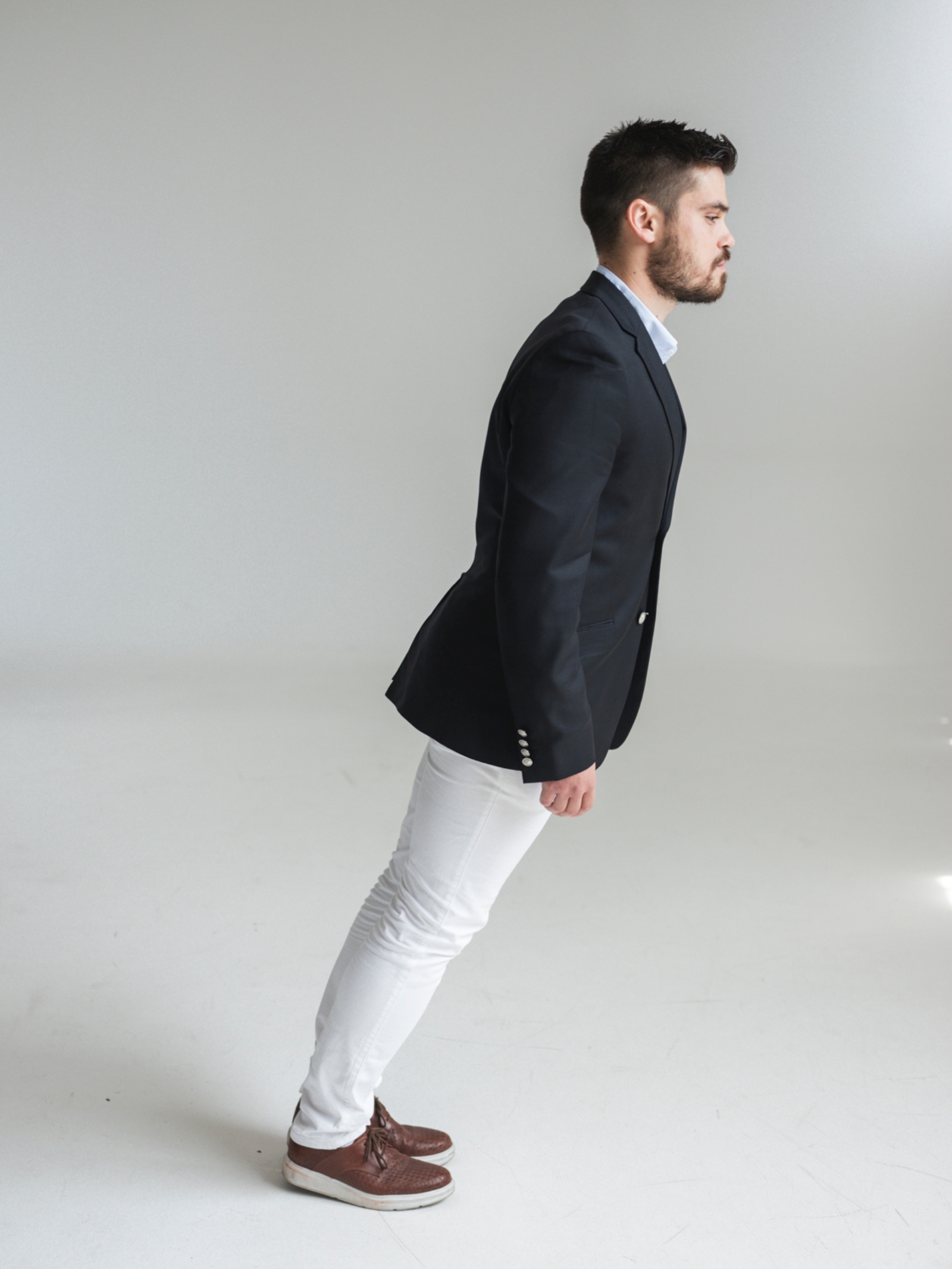 Sotiris Aivalis
Sotiris Aivalis
Sotiris’ father Christos started producing wine in 1996 from within the local cooperative but – and Sotiris points out that this is characteristic of his father – he was so obsessed with the work, that he wanted to do everything himself. Christos would clean vats, go to the chemistry lab, and spend time out in the vineyards. The first Aivalis vinifications were done at home. No one ever thought that soon they’d be doing this professionally; the first years were tough. But Sotiris’ father, in addition to being passionate about the vineyard, is also very knowledgeable about it, and before long the Aivalis winery became a reality. Until 2012, Christos did everything at the winery by himself, but things are different today.
Sotiris studied Oenology in Burgundy, and then went on to participate in seminars in Dijon. In 2013, Sotiris took on the family business, leaving his father to focus on the communications side of the business, for which he has a natural gift. Sotiris will never forget the first wine he bottled. “We went out to the vineyard really early one morning, picked off a single grape and squeezed it. The juice was so dense that it dyed the rocks on the ground. That’s how the 2014 vintage was born, with the Deux Dieux 2016 following shortly after. It might seem that things have changed since my studies in Burgundy, what with all the new pathways it’s opened up for me. But it’s not all change: I’m in absolute agreement with my father’s philosophy that, to make a big red wine, you must really work the vine, and that’s what I am trying to do.” Every year the Aivalis winery produces about 50 thousand bottles and it is Sotiris’ goal to use his wines to showcase the various terroirs. “Let’s not forget that we have 13 generations of French winemakers to contend with,” he says, adding that he thinks it will be a long time before Greece is finally able to erase the “Greek Moussaka” image from people’s minds and make them take the nation’s cuisine and its wines seriously. g

